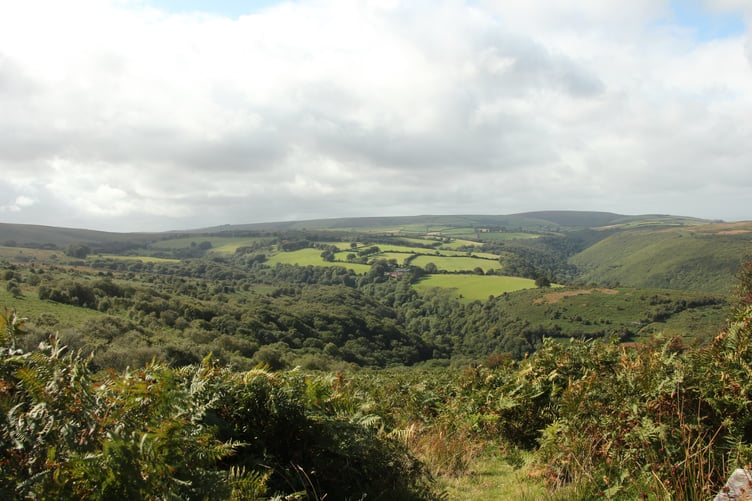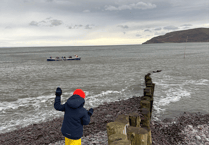THE National Trust is marking 80 years on Wednesday (January 31) since the Acland family passed over the Holnicote Estate, in West Somerset, with free entry for visitors.
It was in 1944 that Sir Richard Dyke Acland and his wife Lady Anne made the decision to hand over their ancestral estates of Holnicote and Killerton, in Devon, to the conservation charity because being hereditary landowners was at odds with their political beliefs.
Sir Richard could be best described as a Christian Socialist, believing in a Christian value-based moral society within which shared landownership was a key principle.
In July, 1942, Sir Richard merged his political movement with that of novelist and playwright J. B. Priestley to form The Common Wealth Party.
The Aclands’ wish was for the land to be enjoyed by everybody and for the countryside to be protected.
Today, as well as welcoming visitors throughout the year, both estates are home to pioneering nature conservation projects.
At Holnicote, these include the re-introduction of beavers to Exmoor, the Stage Zero river restoration where the River Aller has been reconnected to its original floodplain, and one of the biggest woodland regeneration projects the National Trust has undertaken at Doverhay, near Porlock, where 13,000 trees have been planted during the past two years.
During the schools half-term on Wednesday, February 14, visitors can enjoy an immersive interactive tour of the 12,500-acre Holnicote Estate using virtual reality headsets.
The experience allows viewers to ‘fly’ over the estate’s diverse landscape which encompasses woodland, coast, and high moorland sites within Exmoor National Park, experiencing it in never-before-seen ways both at ground level and with high resolution 360° aerial footage.
Holnicote general manager Simon Larkins said: “The legacy of the Acland family’s gift is the protection of these beautiful places where wildlife thrives and everybody is welcome to explore.
“Our teams work hard to look after these diverse landscapes, nurturing and restoring their unique natural characteristics and undertaking innovative conservation projects that tackle threats to nature such as climate change.
“With this focus, we are ensuring the long-term future of our places and the communities who call them home.
“We like to think Sir Richard and Lady Anne would be proud of our approach and the work carried out.”
Dominic Acland, eldest grandson of Sir Richard and Lady Anne, said: “Richard was an early advocate for a ‘holistic’ approach to the combined social and environmental challenges that were emerging during his time and that we face in ever more extreme ways today.
“I know that he and Anne would, as I do, take immense pleasure in seeing how the National Trust is increasingly putting the needs of nature and people at the front of its thinking and actions across the estates.
“We have seen barn owls return to the fields around us after a 30-year absence and I know this is just one of many conservation successes for the estates.
“Alongside this, their role as recreational spaces and working landscapes is more and more important and valued.”


-has-been-sent-to-prison-for-his-role-in-Just-Stop-Oi.jpeg?width=209&height=140&crop=209:145,smart&quality=75)
-Chloe-Hadjimatheou-Rachel-Jo.jpeg?width=209&height=140&crop=209:145,smart&quality=75)

Comments
This article has no comments yet. Be the first to leave a comment.